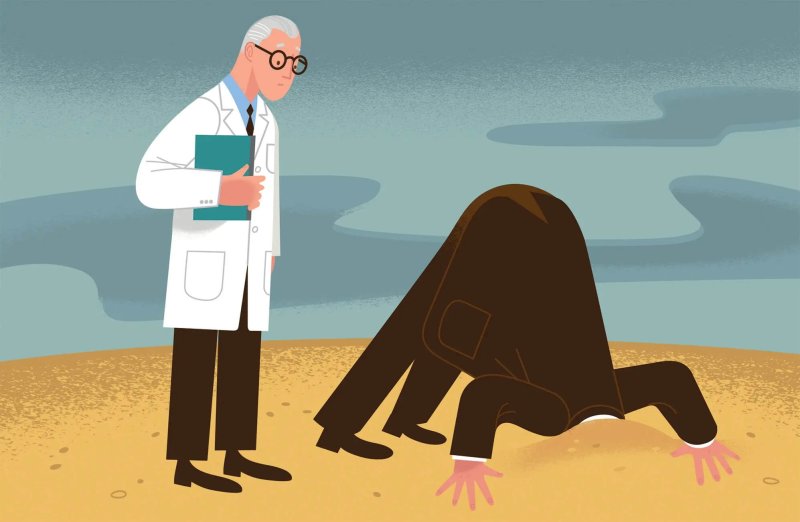About 15 per cent of all calories on Earth come from wheat. Corn covers a lot of calorific ground as well. With Ukraine out, coupled with sanctions against Russia, the global wheat deficit this year will be a significant challenge given that 25 per cent of grain exports come from that region.
We are going to be short on wheat, corn, barley and many other commodities. By the time we are done with 2022, it is likely that more than 100 million additional people will experience either famine or acute hunger, something the world has never seen.
The entire planet operates under a 90-day production cycle of agricultural commodities. Canada’s contribution occurs obviously in the fall, along with the U.S. and parts of Europe.
Farmers need fertilizers to produce crops, but the market is controlled by a handful of greedy multinationals that supply-manage their products to artificially boost prices. Some of them are in Canada. This needs to stop.
We are also paying for years of genetic engineering bashing in the media by groups that have used fear to put forward an organic-centric diet for affluent city dwellers. Additionally, groups have recklessly lobbied city councils and provincial governments to ban the use of chemicals.
Agriculture is and will always be about technologies, and fanatics will have to accept that.































